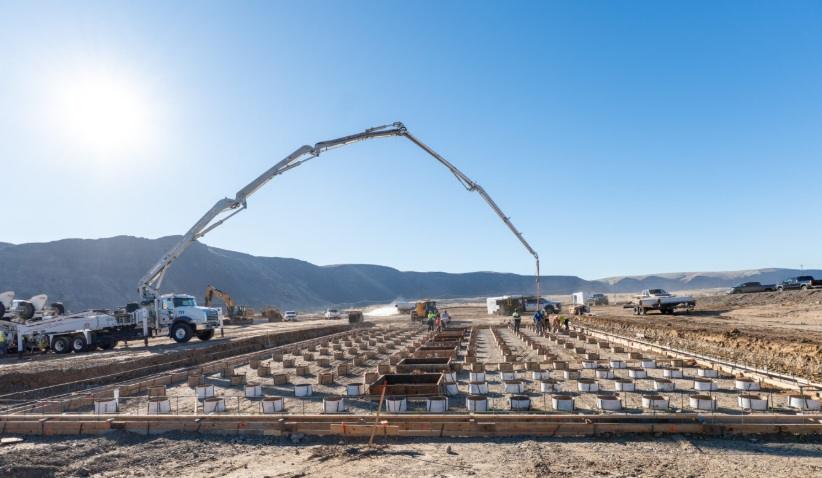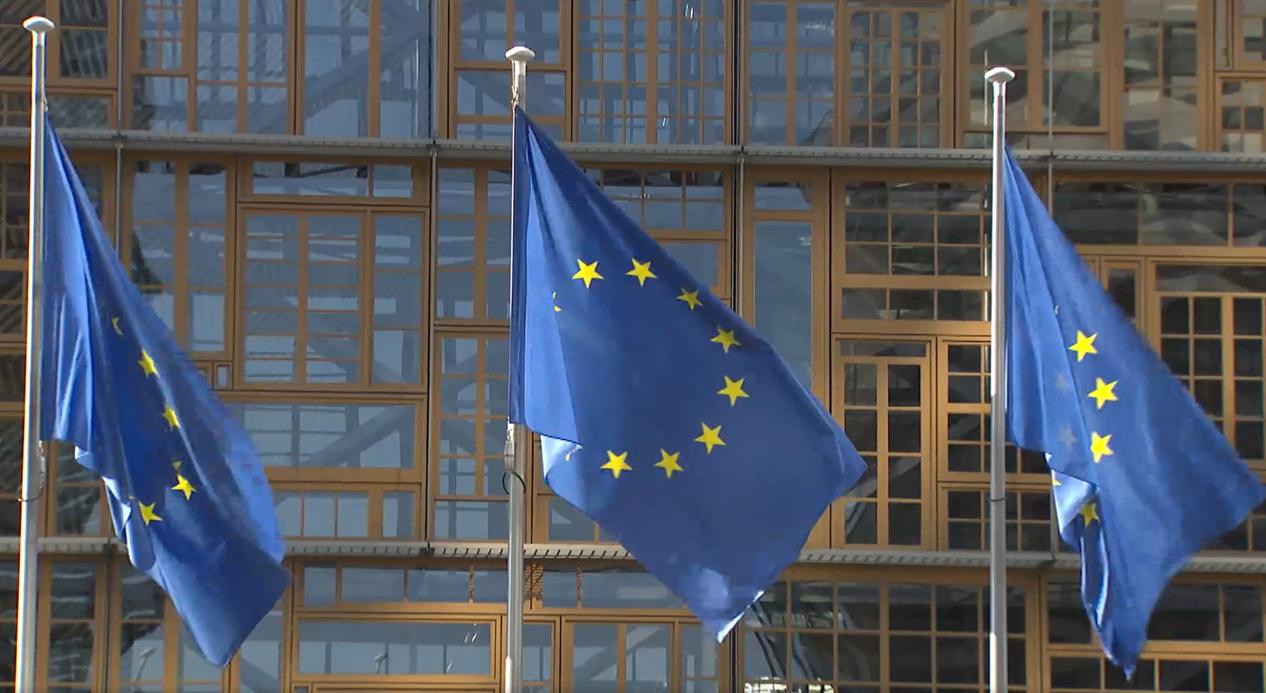Mars Launches $5 Million Program to Develop Climate-Resilient Peanut
Snacking, food, and pet care products provider Mars announced the launch of the Mars Protect the Peanut Plan, a new multi-million dollar agri-science initiative aimed at safeguarding peanut crops against the impact of climate change.
According to Mars, the new initiative comes as peanuts face increasing pressures that threaten the reliability of global supply, including extreme droughts and flooding, pests and disease, resulting in crop losses in which 30% of peanuts are prevented from going “from pod to plate.”
Mars is one of the largest global peanut buyers, purchasing more than 300 million pounds annually for key brands including M&Ms and Snickers.
The new initiative follows $10 million already invested by the company to fund peanut research, including backing a project to map the peanut genome. Mars served as a co-founder of the Peanut Genome Initiative, which mapped more than 2.5 billion base pairs of DNA, and has shared the data as open-source science available to the industry.
Under the new initiative, Mars will invest $5 million to fund genomic science-based techniques to grow hardier peanut varieties that can stand up to rising pressure from pests, disease, and unpredictable weather.
Programs backed by the plan include cultivating drought and disease-resistant peanut varieties in partnership with the University of Georgia Tifton Campus, HudsonAlpha Institute for Biotechnology and the USDA Agricultural Research Service (ARS), developing disease-resistant peanut varieties in partnership with USDA ARS, HudsonAlpha Institute for Biotechnology and the National Institute of Agricultural Technology (INTA), and to using disease-resistant peanut varieties in partnership with USDA ARS, HudsonAlpha Institute for Biotechnology and the National Institute of Agricultural Technology (INTA), according to Mars.
Amanda Davies, Chief R&D, Procurement and Sustainability Officer, Mars Snacking, said:
“We have long believed that Mars can play a unique role as an engine of innovation, which is why we’re thinking in generations and betting big on science to protect the peanut. We know that the perfect peanut won’t be discovered by accident. It will take long-term investment, scientific ingenuity, and the dedication of our incredible partners to keep turning potential into progress — from the greenhouse to the farmer’s field.”





